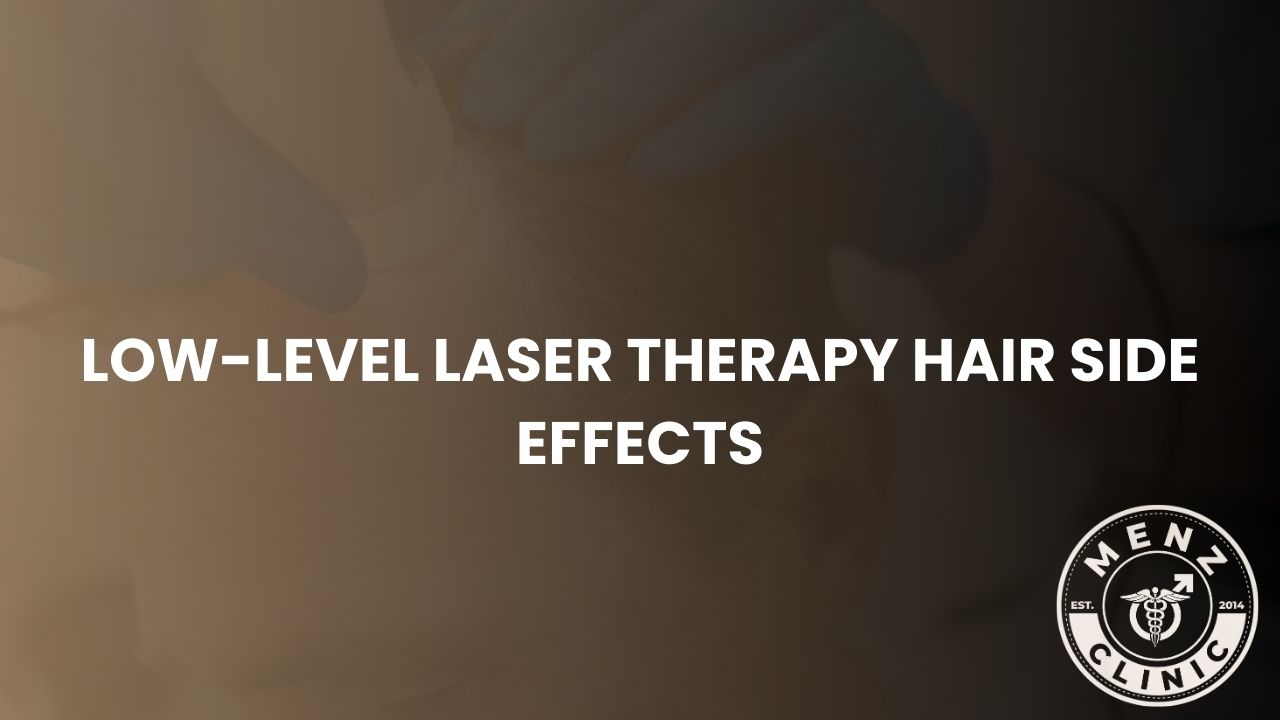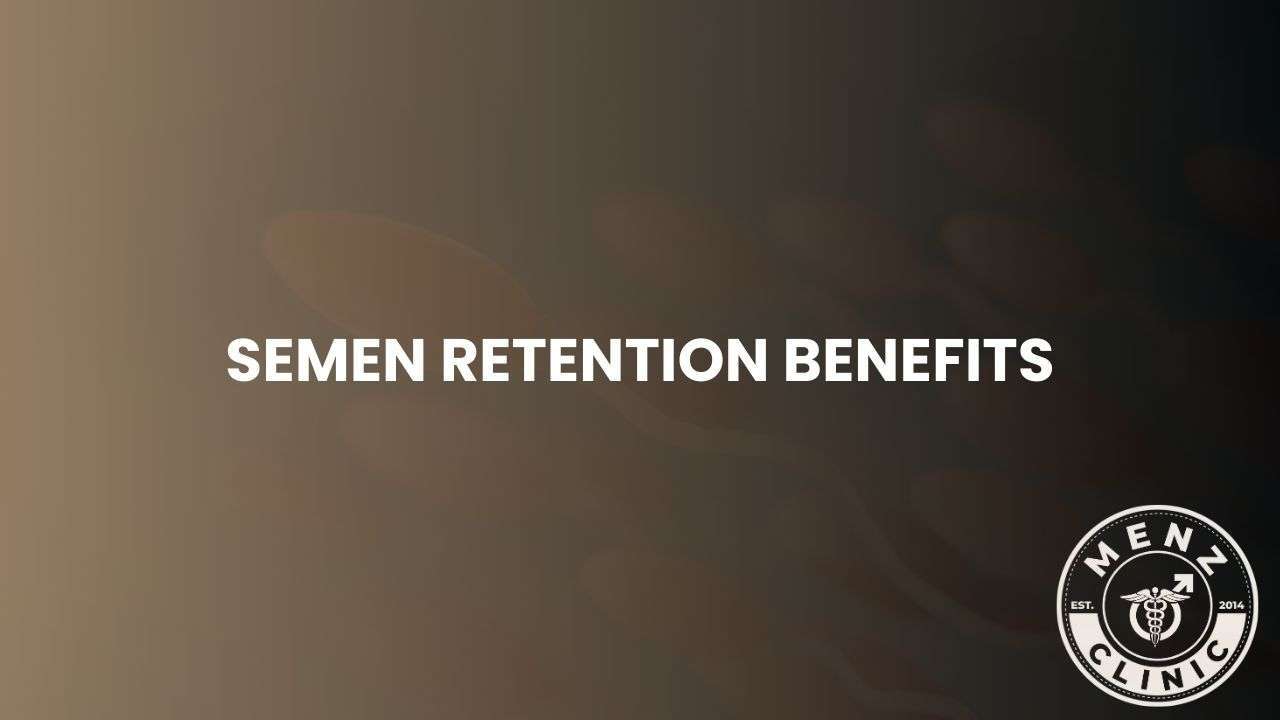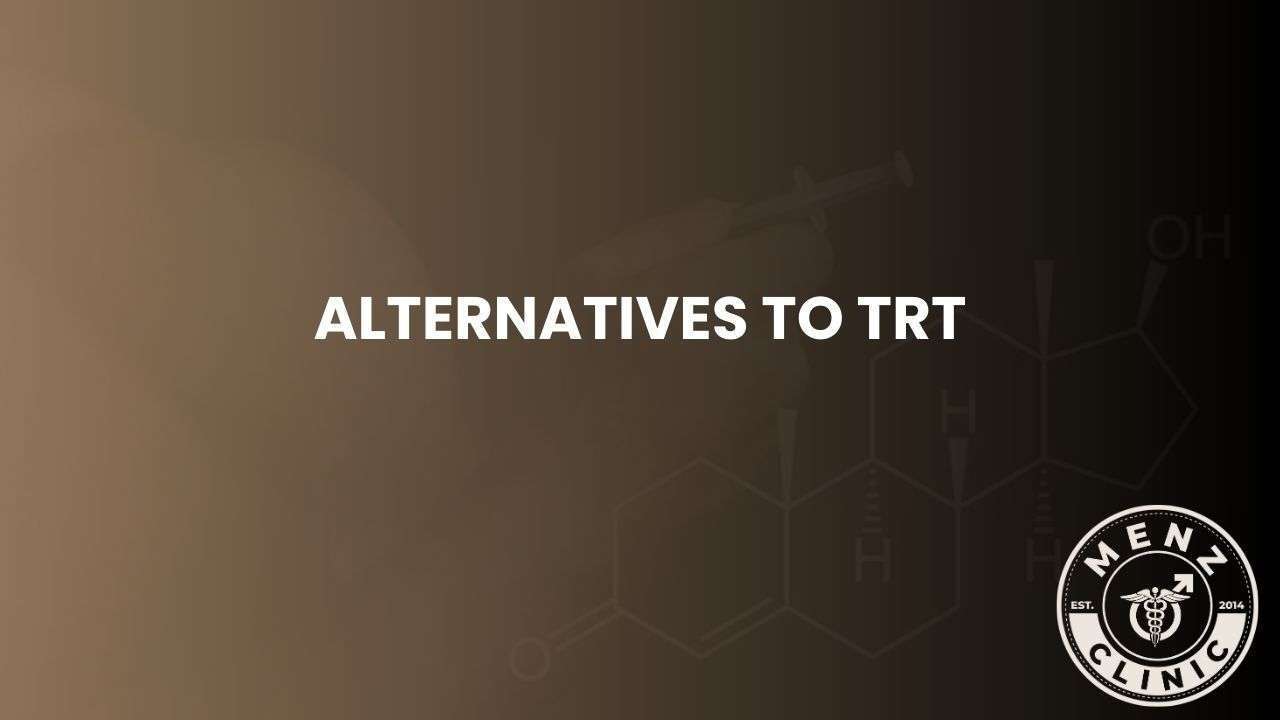Low-Level Laser Therapy Hair Side Effects

There are reasons why Low-Level Laser Therapy Hair Side Effects Treatment has grown in status as a non-invasive means for combating hair loss. This technique has been widely applied for hair regrowth as well as with respect to nourishing hair follicles. Yet don’t jump onto the LLLT bandwagon just yet: it’s important to know its potential side effects. Although the procedure is generally thought safe, some users have mild to moderate side effects. In this blog, we will go into the potential side effects of low-level laser therapy hair treatment; the medical complications involved and what important precautions one should take before receiving such treatment. 7 Potential Side Effects of Low-Level Laser Therapy for Hair 1. Scalp Irritation and Redness The commonest side effect reported for Low-Level Laser Therapy Hair Side Effects is an irritation of the scalp an a typical reaction can cause redness, itching or discomfort within treated areas. Among some users, this response is mild and brief it fades within hours or perhaps days however, people with sensitive skin and other scalp problems beforehand may find they are affected more than others If the redness continues, one should cut down how frequently low-level laser therapy hair side effects treatments are given in order to see whether conditions improve or seek a solution from dermatology experts. To minimize the scalp congestion after a laser treatment, follow the manufacturer’s instructions and avoid prolonged exposure. Users may find it helpful to use soothing scalp treatments like aloe vera gel and cooling hair or skin lotion to reduce fever. Ensuring that your scalp is well before treatment can also help clear up irritation due to dirt and product build up. 2. Increased Hair Shedding Some people may notice an initial surge in hair loss when they first start low-level laser therapy hair side effects. This is due to the phenomenon commonly referred to as the ‘shedding phase,’ where weaker and damaged hairs are being expelled from the scalp to make way for new growth. Though it may seem alarming, this phase is only temporary and lasts a few weeks at most. Hair shedding is a normal part of hair growth, and shouldn’t be taken as LLLT not working. The tendency in the majority of cases is that hair loss diminishes after prolonged use and higher density can be obtained. But if after several months hair fall continues to be a problem, it’s best to call a trichology’s or dermatologist in order to evaluate whether low-level laser therapy hair side effects for your hair type. 3. Headache or Discomfort Using laser therapy devices for longer periods sometimes leads to cold or mild headache, but that may just be a feeling of discomfort. The main cause of treatment–related headache will, however likely come from heat Gen-“ Adjustment in treatment duration and intensity of laser radiation used may help to reduce these phenomena. If you take breaks between treatments or use your device less frequently, headaches should go away. Proper hydration and maintaining a good posture during the treatments can also help you control discomfort if it arises. 4. Dry or Oily Scalp A change in the scalp health is the case for some after carrying out LLLT. New hair-growth pills could cause your scalp to be too dry or produce even more oil. This will unbalance its health. Proper scalp care, such as using milder shampoos, and occasionally treating it with moisture, can keep things under control. At the same time as you take in natural foods that contain vitamins and minerals necessary for hair health, your scalp will be hydrated and not dry or unbalanced with oil. If the scalp is dry, it is likely to be scurfy or peeling. This is uncomfortable for people who are prone to scalp problems. Conversely the excessive oil will clog up hair follicles and even lead to scalp acne. Keep an eye on the condition of your scalp, change your hair care habits accordingly in an effort to maintain a balanced Advisor. 5. Allergic Reactions Although rare, a skin test may reveal a reaction to the laser therapy especially those on sensitive skin parts. If you experience any symptoms such as swelling and itching –or even just a rash seek medical attention immediately! If you suspect an allergic reaction, stop use and see a dermatologist for advice. Before beginning full laser treatments, doing a patch test can help anticipate any kind of allergic reactions and avoid consequences. Individuals who have a history of allergy or skin sensitivity should be more careful before undergoing LLLT. If necessary, ask a doctor whether this is suitable for your skin type. 6. Eye Sensitivity and Strain When laser light is directed straight at the eyes, people feel pain and fatigue is the result. Almost all low-level laser therapy hair side effects appliances are accompanied by safety notices warning against eye exposure. During the period of treatment, when you wear the necessary protective glasses or shut your eyes, this avoids potential dangers. If you feel your eyes becoming irritated, dimming the device (if it is adjustable) or slightly moving it further away from the scalp can help you feel more comfortable. People who spend many hours staring at computer screens may find themselves particularly at risk of eye irritation. LLLT sessions work best as a preventative measure and should therefore be conducted at times when your eyes are less tired and soren the morning or after time off from light source usage. 7. Dizziness or Lightheadedness After using LLLT equipment, people sometimes have one of two unfortunate experiences: like feeling they are about to faint or dizzy. This might be because of high sensitivity to the red light, and the resulting increased blood circulation in the scalp. If you do experience When You Become Dizzy consider reducing how long you keep following the protocol for and if it persists after a medical evaluation. Sitting or lying during treatments, ensuring good ventilation and air flow in the room will all
Surprising Semen Retention Benefits You Never Knew

Semen retention benefits is something nobody talks about. In fact not many people know about it. Some of its benefits include physical, mental, and spiritual well-being. semen retention, that is, the conscious decision not to ejaculate has been getting some spotlight lately. Though there is still little scientific evidence, some men consider it useful based on grounds of customary knowledge and personal experience. In this blog we have highlighted the top five benefits of semen retention, why men might choose to do it, and how we assist men with ejaculation-related problems. What Is Semen Retention? Purposely avoiding ejaculation during sexual activities and intercourse is semen retention. Stopping stimulation before climax, mastering methods to achieve orgasm without ejaculation, or refraining entirely from sex help men reach this level. Some men in surroundings embrace this as a custom. They do this because they want an access to supposed benefits linked with physical health, mental clarity, and personal growth. Why Do Some Men Prefer Semen Retention? Men often choose to semen retention for different causes: Top 5 Semen Retention Benefits 1. Improved Mental Focus and Clearness Many men say that sperm retention claims better focus and improved mental clarity. By delaying ejaculation, men hope to feel sexual energy. Eventually increasing productivity and enhancing focus in daily life. Improved memory and an increased capacity to sustain attention over long periods are frequently linked with this cognitive improvement. 2. Better Motivation and Self-assurance Experienced people usually observe a rise in drive and self-esteem. The self-control needed for semen retention could help people feel in charge and accomplished. Therefore increasing self-assurance in many aspects of life. This self-endurance motivates males to go after their objectives in a focused way and confront difficulties with greater resilience. 3. Better Physical Vitality Some people say that semen retention brings increased physical liveliness. By preserving sperm, it can improve general physical condition, heighten stamina, and raise sports performance. Nevertheless, it is important to know that there is little scientific support for these assertions. There are still more studies needed to validate these possible advantages. 4. Better Emotional Wellness According to some sexual experts, they say that retaining semen could improve emotional health. People who use this approach have said lower levels of anxiety, better emotional stability, and an increased sense of internal peace. Relationships, career, and general life satisfaction can all benefit from this emotional factor. Among the semen retention benefits, it is said that they highlight the potential psychological benefits. 5. Spiritual Growth Many spirituality experts believe that retaining sperm helps one to grow spiritually and become more conscious. People seek to transform sexual energy into spiritual energy. Therefore increasing mindfulness, deeper meditation experiences, and better connection with their inner selves. Sexual energy is seen as a potent tool for personal change, this aspect of semen retention benefit should be a consistent approach. How Menz Clinic Helps Men with Ejaculation Problems Our Menz Clinic provides specialized services to tackle ejaculation concerns, offering comprehensive support through diverse approaches. Here is what our expert offers: By providing these specialized services, Menz Clinic strives to enhance men’s sexual health, improve quality of life, and address both the physical and psychological dimensions of ejaculation challenges. Get Advice From Our Sexual Expert Now that you know the semen retention benefits take a little while and focus on adapting this new habit. While some individuals practice semen retention for its possible advantages, it is crucial to approach it with the right methods. Remember that there is not enough thorough scientific validation on it and the benefits mentioned are based on personal experiences of men. Men facing ejaculation challenges should go for professional support from specialized experts. Meet our senior specialist to find suitable treatment alternatives and seek their advice. Schedule a meeting with our sexual expert today!
Premature Ejaculation Exercises

Premature ejaculation exercises are a good way to enhance your pelvic muscles and delay ejaculation. However in some cases they might not be very efficient. Men often consider premature ejaculation (PE) to be among the most frequent sexual dysfunctions, as it affects their self-esteem and close relationships. To help you have a smooth sexual life with your partner, we have enlisted the 4 alternative treatments to premature ejaculation exercises. Read them on and choose the right treatment. What Leads To Premature Ejaculation? Several components lead to early ejaculation, including: How Is Premature Ejaculation Treated? Several therapies are available for early ejaculation, some of them include: 4 Alternatives to Premature Ejaculation Exercises Although exercises are a good means, some males look for alternative treatments. Effective options follow: 1. Therapy As Well As Counselling Dealing with mental issues is an important part of PE treatment. Men have a chance in counseling to investigate their emotional and mental triggers. Counselors develop plans to control them. Men using Cognitive Behavioral Therapy (CBT) can help identify causes that lead to PE and replace them with more positive ones. Sex therapy comprises working with a professional to improve sexual performance and self-assuredness. Along with that, therapists also give mindfulness training. Learning to maintain presence during intercourse can assist men in managing arousal levels and preventing rapid ejaculation. Reinforcing communication and emotional intimacy among partners may help to reduce anxiety and enhance sexual contact. 2. Psychosexual Therapy Psychosexual therapies are often a good alternative treatment to premature ejaculation exercises. Specialists use sensory focus therapy that is a step-by-step desensitizing technique by which partners use non-penetrative touch to reduce fear. This technique assists males in adjusting to sexual stimuli without climaxing too fast. Psychosexual therapists use mental exercises to control arousal and extend sexual activity. One such mental exercise is hypnotherapy. Men find hypnotherapy helpful as it helps to deal with subconsciously driven stimuli. 3. Therapeutic Drugs As A Replacement Of Premature Ejaculation Exercises Several pharmaceutical therapies are available for men seeking medical solutions. Originally indicated for depression, selective serotonin reuptake inhibitors (SSRIs) like paroxetine, fluoxetine, and sertraline have been proven to delay ejaculation. PDE5 inhibitors also help to keep erections that indirectly contribute to PE. These include agents like sildenafil (Viagra) or tadalafil (Cialis). Some males get relief from alpha-blockers, which enable muscles to relax and improve ejaculatory control. 4. Professional Treatments From Experts Professional therapies are offered for people who do not succeed using medication or behavioral approaches. They have always contributed to be the best alternative treatments to premature ejaculation exercises. These treatments include: Results After Professional Treatments After premature ejaculation therapy, men should expect several benefits in terms of: Book Your Professional Treatment Today Early ejaculation can seriously damage a man’s self-confidence and close relationship. Kegel workout is a safe method for holding your ejaculation but in severe cases it also fails. However, alternative treatments to premature ejaculation exercises are always recommended. Treatments like psychotherapy, psychosexual treatment, drugs, and professional interventions offer good options. Our senior specialist at Menz Clinic provides expert support and experienced solutions personalized for your needs. If you are struggling with PE and wish for a customized treatment plan visit us today. Get control of your sexual health now—set up a meeting with Menz Clinic and reestablish confidence in your intimate life!
Alternatives to TRT: Natural and Medical Options for Boosting Testosterone

Testosterone Replacement Therapy is a common way to deal with testosterone deficiency Scores of patients have chosen Alternatives to TRT to combat low testosterone because they are concerned about long-term side effects, dependency or individual preference. Many approaches to Alternatives to TRT are available, pure natural or medicinal, all of which work Together to achieve results that you can see or feel well In this article, we will look into some of those replacements for TRT, and what advantages each one has if you are endeavoring to keep up the level of your testosterone without danger to your health. Natural Alternatives to TRT Lifestyle Changes Regular Exercise Strength training and high-intensity shorts (HIIT) can effectively raise testosterone levels. Compound exercises like squats, deadlifts, and bench presses are particularly beneficial. Regular exercise can naturally raise testosterone levels if workouts are properly planned and a Alternatives to TRT. Too much cardio can lower your testosterone levels and inhibit muscle can. Healthy Diet In order to naturally increase testosterone and try to explore the alternatives to TRT, try consuming foods rich in zinc such as oysters and hair algae as well as magnesium foods like almonds. The production of hormones requires a diet high in healthy fats. Avocados, nuts and olive oil are all good sources of this nutrient.Insulin levels will be naturally stable when sugar and processed foods are reduced. This can then indirectly affect the production of testosterone. Adequate Sleep If a person’s sleep quality is not good, the production in his body of testosterone will generally be lower. You should strive for seven to nine hours of undisturbed, good night-time rest. The deep sleep stages of the night are essential for proper hormone secretion and general well-being. When you limit screen time, your melatonin is better regulated and sleep quality is pushed to its peak and a best alternatives to TRT. Having a regular sleep schedule leads to maintaining top-notch testosterone levels. Stress Management Cortisol is produced under chronic stress, which causes testosterone levels to drop. One way of naturally lowering your stress level and at the same time boosting testosterone is through practicing meditation, doing yoga or deep breathing exercises. Being in a natural environment can diminish stress and thus modify the level of testosterone. Focusing on mental health helps achieve hormonal balance for a healthy body in general. Natural Supplements Vitamin D It assists in the production of hormone, testosterone, and the overall Hormonal nature of things. Sunshine or supplementary sources can provide all the vitamin D humans need. A lack of Vitamin D can lead to low testosterone levels. Incorporate food products that have had vitamin D added to them. The best form is natural. Ashwagandha Studies have indicated that it can bolster physical performance and anaerobic running capacity as well as muscle mass. Regular consumption improves mental health as we all have physical exhaustion, and increases mood over time. The herb has antioxidant properties that are very beneficial in supporting overall hormonal wellness. Fenugreek Includes substances probably useful for testosterone production and improving libido. Noted for the ability to improve metabolism and increase energy levels. Supplements of Fenugreek can increase muscle strength and decrease body fat. Keep taking it can keep reproduction and hormone regulation in shape. D-Aspartic Acid (DAA) An amino acid that may help testosterone, especially for those who have a lack of it. This is involved with hormone synthesis and reproductive ability. DAA This type of supplementation might work for a limited testosterone boost (i.e. several months). Some side benefits come from combining large doses of DAA with a high-protein diet. Tribulus Terrestris A well known herbal supplement capable of broadening libido levels and increasing testosterone. Used to improve athletics or help with mental focus and concentration. One study suggests it may encourage cardiovascular health as well as testosterone in males. Regular usage can aid in keeping balanced hormone levels and keeping up one’s physical stamina. Medical and Non-TRT Treatments Clomiphene Citrate (Clomid) A pill that can make the body produce testosterone of its own kind. This is often used for men who still want children but need some help in making more sperm before anything else.It helps to restore hormone levels, but doesn’t directly introduce artificial testosterone. For those seeking alternatives to testosterone replacement therapy it may provide a viable, long-term solution. Human Chorionic Gonadotropin (hCG) Helps stimulate testosterone production and safeguard testicular function. Frequently used together with other treatments so as to avoid its function preventing testicular atrophy. Supports fertility in that it is a hormone very similar to luteinising hormone (LH). A natural way to keep testosterone production going when full TRT is not followed. Selective Estrogen Receptor Modulators (SERMs) Drugs like Nolvadex work by stopping estrogen receptors and boosting testosterone. Routinely proposed for men with inadequate testosterone who would like to alternatives to TRT. Can help improve muscle mass and bone density. Is an effective choice for those who wish to avoid hormone injections and want an alternative therapy instead. Peptide Therapy According to certain medical studies, Kisspeptin-10 and BPC-157 have been shown to increase natural testosterone production. While each peptide is dedicated to doing something, they all have an influence in hormone regulatory roles and muscle recovery functions. Some peptides assist in reducing fat while improving energy level. A potentially non-TRT alternative approach for men who want to help enhance their testosterone levels in a natural way. When should you explore alternatives to TRT? If you have mild testosterone deficiency and want to try a natural approach to treatment. If you don’t want the side effects of TRT–such as shrinking testes and dependence. If you want to continue producing your own hormones, while making use of supplementary testosterone. If your doctor suggests that you consider making these lifestyle changes first before starting on TRT. If you are looking for an alternative to TRT that has long-term health benefits and doesn’t involve synthetic hormones. Final Thoughts While testosterone replacement therapy is an effective course of treatment, it is
